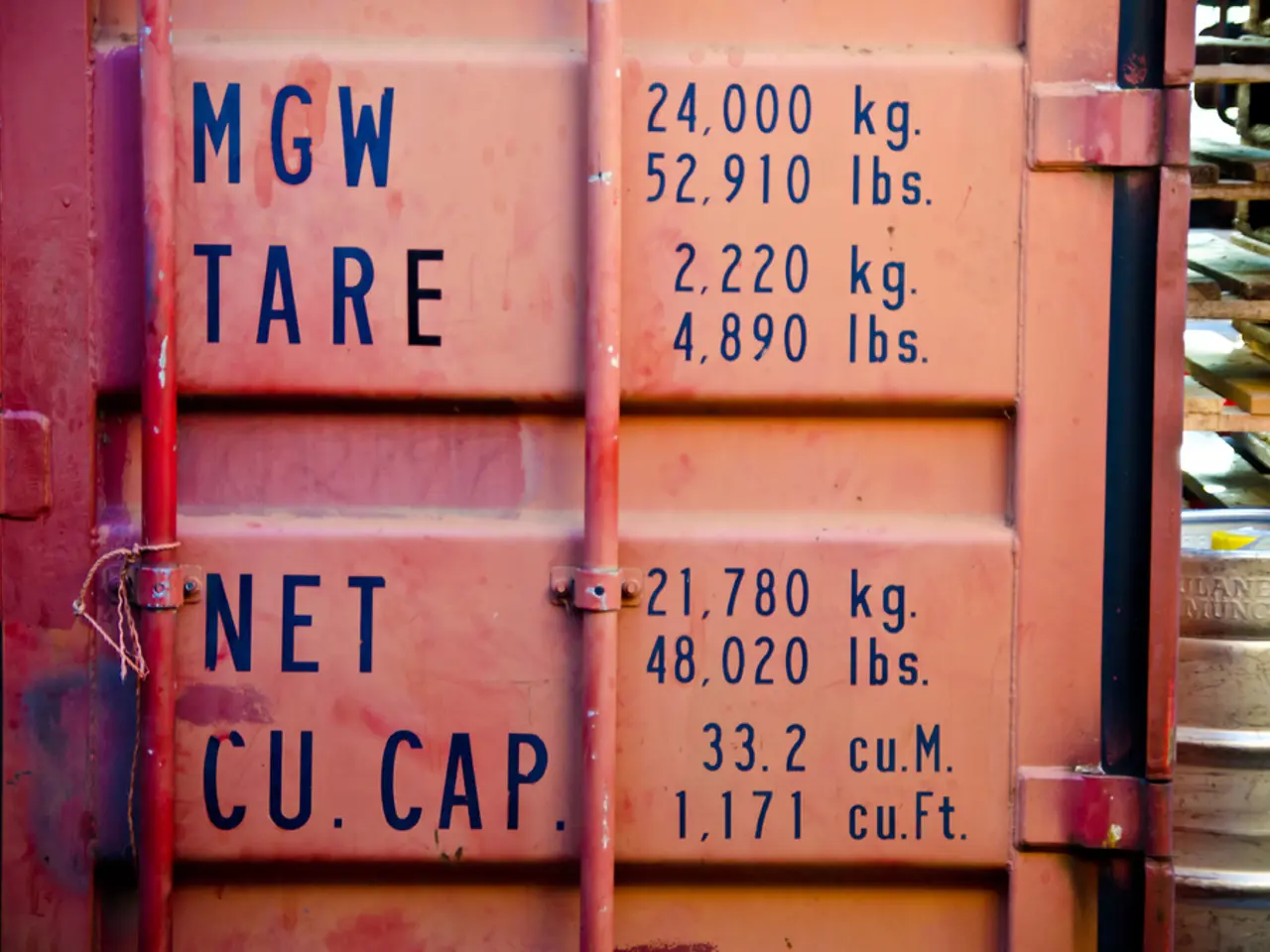Struggling households may find little solace in the 2% inflation victory, as the benefits might not significantly impact their financial struggles.
The Bank of England recently announced a reduction in interest rates from 5.25% to 4% as of August 2025, marking a response to the continued decline in inflation but with caution due to lingering inflation risks and economic uncertainty [1][4][5].
This decision follows a gradual reduction in rates from 5.25% down to 4.25% between August 2024 and May 2025, in response to easing inflation and efforts to stabilize household finances [2].
However, the prolonged period of high rates has had mixed effects on UK households. Mortgage costs have been high for many, especially those locked into fixed-rate deals during peak rates (e.g., 6.39% in 2024), though recent cuts have lowered new mortgage rates significantly (to about 3.9% for 2-year fixed deals), offering some relief to new borrowers or those refinancing [2].
Despite these efforts, households have responded with increased saving and cautious spending. Consumer savings have reached levels last seen in 2007, as many adjust to ongoing income pressures amid inflation volatility [2].
Affordability challenges persist, leading to structural changes such as growth in later-life lending and shared ownership arrangements to help with housing costs [2]. The Bank’s stance is balancing supporting economic growth with maintaining inflation control. The recent rate cut to 4% was narrowly decided (5–4 vote), showing caution due to inflation risks and slower growth [5].
Inflation remains above the target (about 3.5% in Q2 2025), driven by energy, food, and administered prices, though expected to fall toward the 2% target longer-term [1][5]. Core inflation, which excludes volatile elements like food and energy prices, fell to 3.5% in May.
The drop in inflation does not necessarily mean improved financial conditions for many households. In fact, the financial situation of British households has not significantly improved since the start of the current Parliament. Seven in 10 low-income households in the bottom 20% were going without essentials in May this year [3].
The Joseph Rowntree Foundation's latest research shows that five million families on the lowest incomes have had to go hungry or cut back on food to afford household bills [3]. Prices for food, energy, clothing, and rents are all around 20% higher than they were three years ago [3].
As the General Election approaches in two weeks, the impact of these economic conditions on voters remains a significant concern. Despite the drop in inflation to 3.2% as of yesterday, according to figures published by the Office of National Statistics (ONS) [6], the inflation rate remains a concern for many.
References:
[1] BBC News (2025). Bank of England cuts interest rates to 4% amid inflation concerns. [online] Available at: https://www.bbc.co.uk/news/business-58784185
[2] The Guardian (2025). Bank of England cuts interest rates to 4% as inflation eases but risks remain. [online] Available at: https://www.theguardian.com/business/2025/aug/05/bank-of-england-cuts-interest-rates-to-4-as-inflation-eases-but-risks-remain
[3] The Independent (2025). Five million families are going hungry or cutting back on food to pay bills, research shows. [online] Available at: https://www.independent.co.uk/news/uk/home-news/families-hunger-bills-food-poverty-rowntree-foundation-a9690186.html
[4] Bloomberg (2025). Bank of England Cuts Interest Rates to 4% as Inflation Falls. [online] Available at: https://www.bloomberg.com/news/articles/2025-08-05/bank-of-england-cuts-interest-rates-to-4-as-inflation-falls
[5] Reuters (2025). Bank of England cuts interest rates to 4% as inflation eases but risks remain. [online] Available at: https://www.reuters.com/business/banking-finance/bank-england-cuts-interest-rates-4-amid-inflation-concerns-2025-08-05/
[6] Office for National Statistics (2025). Consumer price inflation, May 2025. [online] Available at: https://www.ons.gov.uk/economy/inflationandpriceindices/bulletins/consumerpriceinflation/may2025
The Bank of England's policy to reduce interest rates, most recently to 4%, is aimed at stabilizing household finances in the business sector, while balancing economic growth with inflation control. However, despite these measures, many low-income households are still facing financial difficulties, cutting back on essentials such as food, due to the ongoing high prices in various sectors, including food, energy, clothing, and rents.




